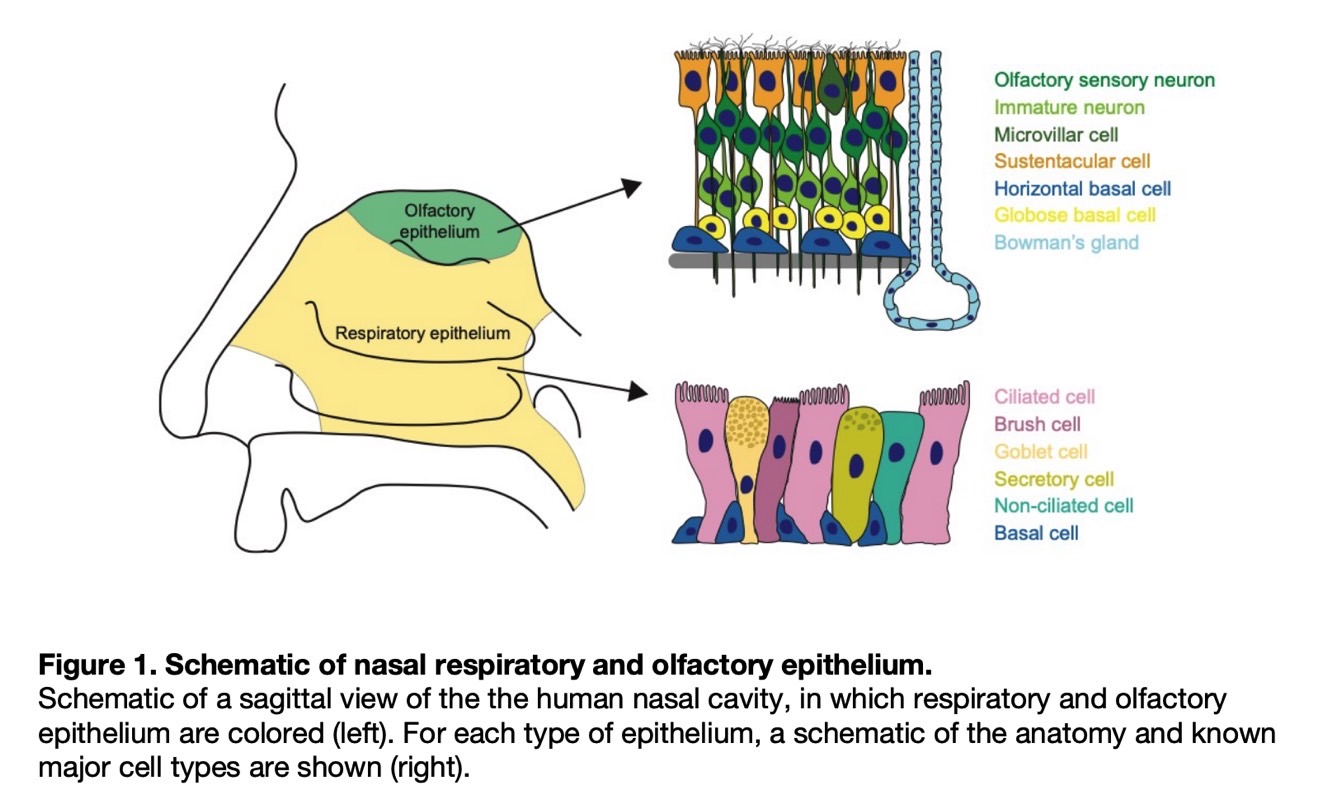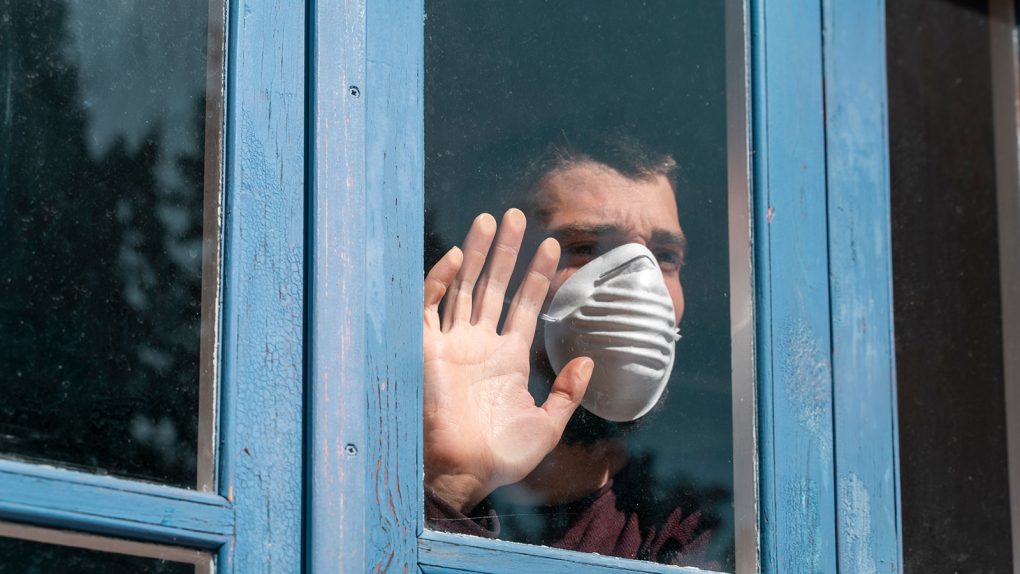- The loss of smell may be an early warning of a novel coronavirus infection, recent reports have shown.
- Harvard researchers studied the genetics of the olfactory cells involved in the process of smelling and found a surprising explanation for COVID-19-related anosmia.
- The new virus might interact with a certain type of cell inside the olfactory epithelium, not the actual neurons involved in processing smell.
- Visit BGR’s homepage for more stories.
Novel coronavirus infections have a few particularities that make them highly dangerous. The virus is extremely resilient and can survive for days on certain surfaces, which increases the risk of infection. The incubation period is relatively long, meaning you might not experience symptoms for as long as 2 weeks after contracting it. Finally, most common COVID-19 symptoms aren’t unique to this disease, so only a test will tell you for sure that you’ve got it as opposed to a cold or the flu.
However, doctors discovered two early warning signs that may point to coronavirus infection. These are anosmia and dysgeusia, or the loss of smell and taste. While not all COVID-19 patients might display these early signs, some of them experienced unusual changes in smell and taste, raising awareness among doctors. Researchers at Harvard looked for a scientific explanation as to what may happen inside the nose to lead to an early loss of smell with COVID-19, and they were able to explain the symptom.
The study was published in bioRxiv, but it hasn’t yet been reviewed by peers. Nonetheless, the findings may be critical for developing new diagnosing techniques, especially in hospitals where there aren’t enough COVID-19 tests to go around. The sudden onset of anosmia might be a warning sign that a patient has to be isolated, as he or she could be infected with the novel virus. On the other hand, there are other medical conditions characterized by a lack of smell. If you’ve been experiencing anosmia since before the outbreak, it doesn’t mean you’re likely to get COVID-19 or that you have the disease. While chronic patients with anosmia will never get this early COVID-19 sign because they already can’t smell, if they experience dysgeusia, they should seek medical guidance.
The Harvard researchers looked at the genetics of the cells involved in smelling in search of ways these cells could interact with the novel coronavirus.
“There seems to be a strong association between the development of disturbances in smell and getting COVID-19,” Harvard Medical School associate professor Sandeep R. Datta told The Harvard Crimson. “It seems like this may be one of the hallmarks of the disease.”

The olfactory epithelium contains various types of cells, and the researchers expected that the neurons that sense odors and transmit the information to the brain would be impacted. However, the SARS-CoV-2 virus actually binds to a different type of cell, which supports the neurons. That was a “surprise” for the scientists. The illustration above shows the cell structure of the olfactory region, with the sustentacular cells being the ones affected in COVID-19 cases. The virus also affects stem cells in the area, which grow into functional cells.
“That’s interesting because it might provide some potential mechanisms for how the coronavirus might actually cause a change in your sense of smell,” Datta said. “I think, at least at first pass, those mechanisms are not the ones we would have naively expected.”
The researcher said that more work is needed to validate his findings, but anecdotal evidence suggests the loss of smell occurs rapidly after infection. “It’s a little bit like a switch being flipped, where one day you smell, and the next day, you don’t,” Datta said.
It’s unclear whether such olfactory disturbances will persist after the COVID-19 infection goes away. Also, the study has only looked into the genetics that can explain anosmia, without explaining dysgeusia.








